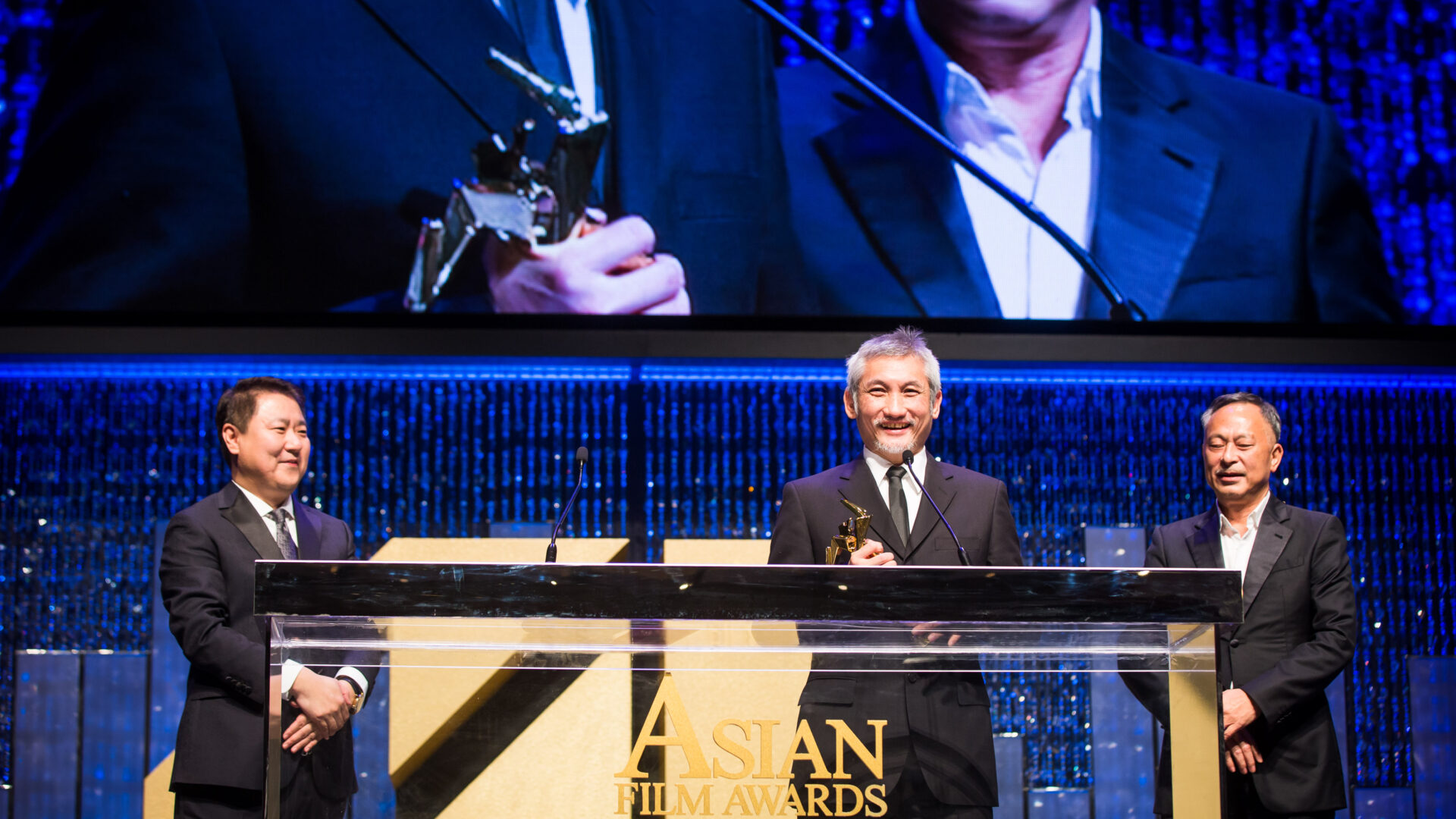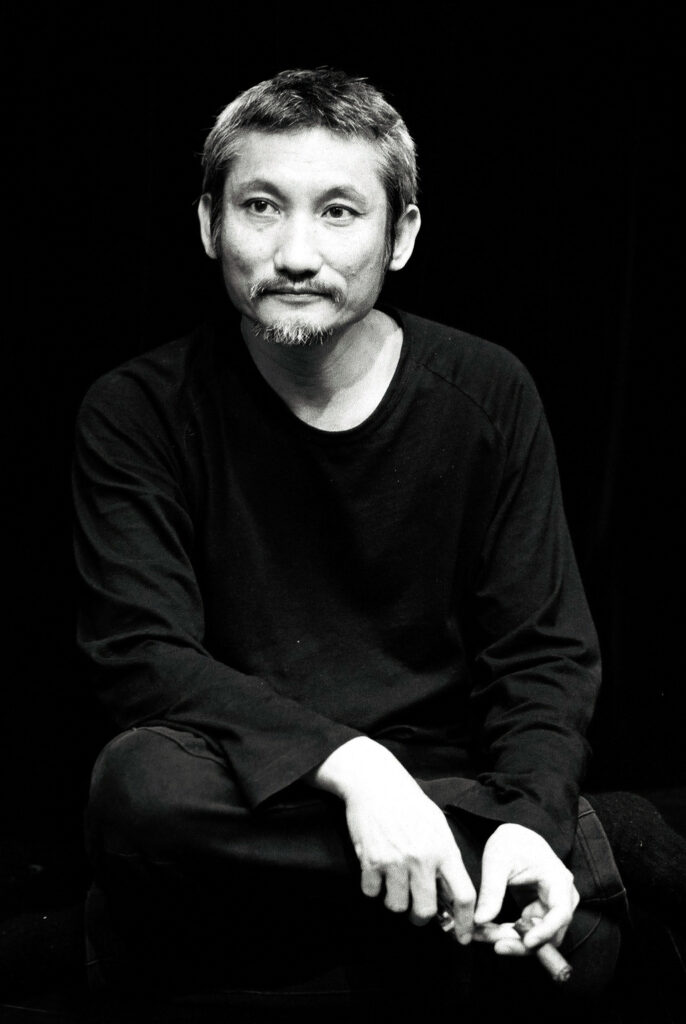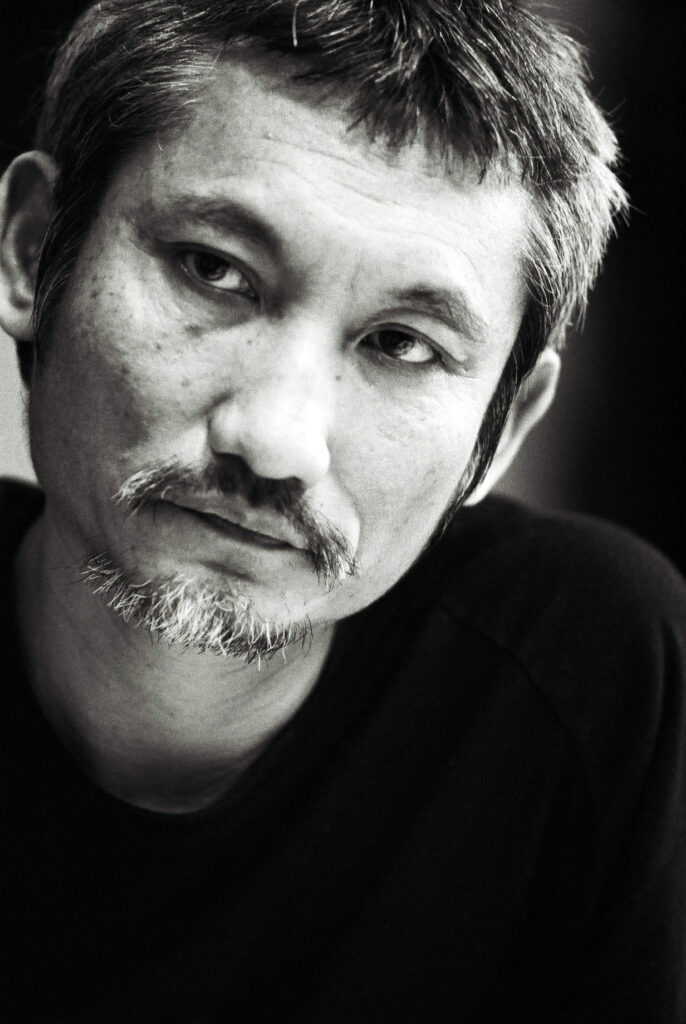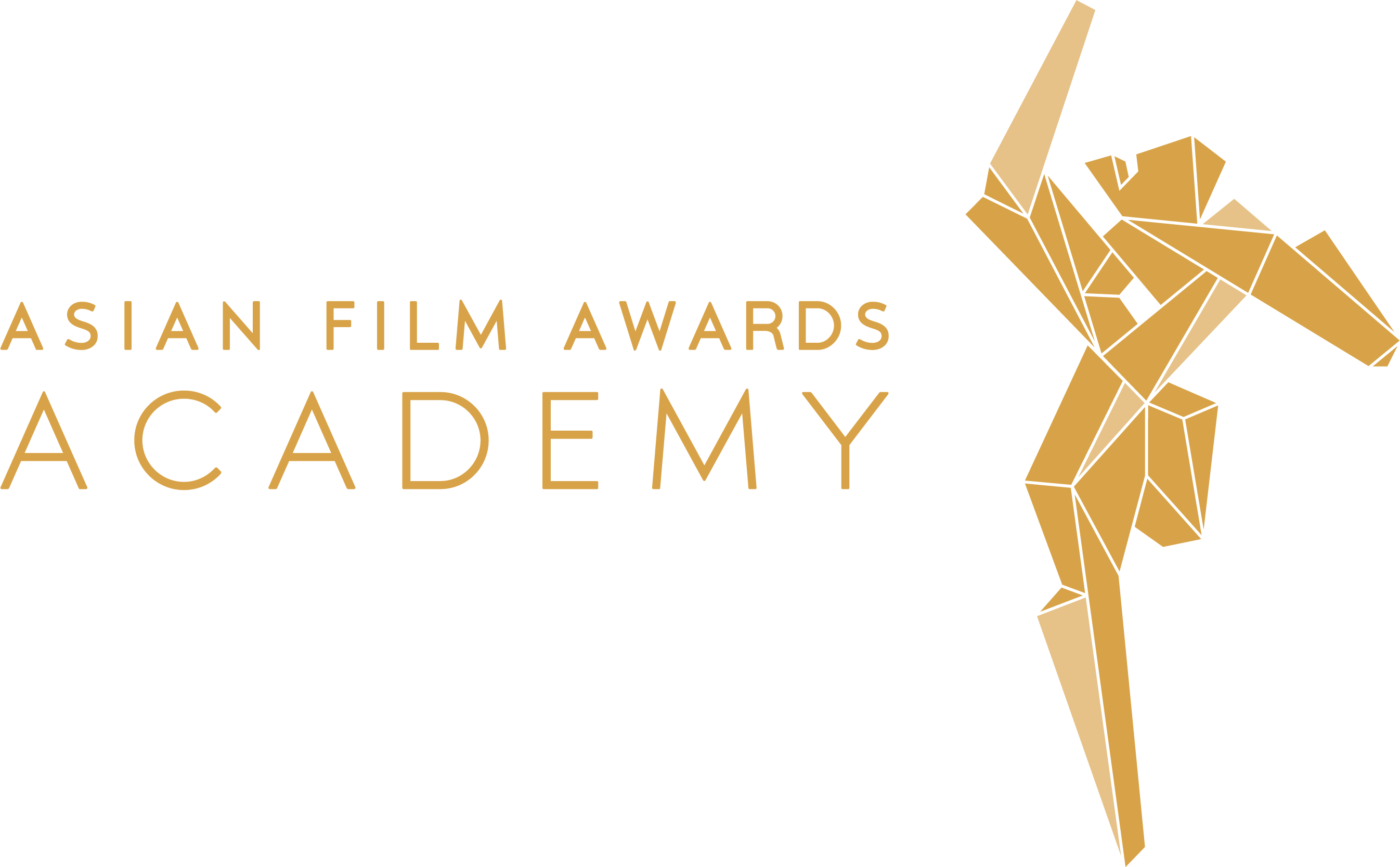
서극
공로상
Tsui Hark is recognized as a heavyweight of Chinese cinema with prestigious awards from the Hong Kong Film Awards, the Taipei Golden Horse Awards, and the Venice Film Festival. Approaching the 40th year of his prolific career, Tsui has directed 38 films and produced 16 films with many iconic talents, including King Hu, Yuen Wo-ping, John Woo, Johnnie To, Ringo Lam, Jet Li, Maggie Cheung, Stephen Chow and Brigitte Lin amongst others. Not only has Tsui enchanted audiences worldwide, he has also blazed new trails with his bold aesthetics and techniques, and foresight in film trends and new talents, making him one of the world’s most influential filmmakers.
The call of the cinema
Born in Vietnam in 1950, Tsui moved to Hong Kong with his family at the age of 13. Drawn to film in his early teens, Tsui later pursued his studies in filmmaking and worked in film, TV, theatre and journalism in the US until his return to Hong Kong in 1977. From then on, he worked as a director-producer in Television Broadcasts Limited, then went on to direct the costume drama Gold Dagger Romance (1978) for Commercial Television, catching the attention of film producer Ng See-yuen, who produced Tsui’s debut film The Butterfly Murders (1979). He followed this with the horror comedy We’re Going to Eat You (1980) and the politically daring Dangerous Encounters of the First Kind (1980). These first three feature films, all completed in two years, announced a filmmaker of bold ambition, curiosity and inventiveness and established Tsui as one of the driving forces of the Hong Kong New Wave.
Film Workshop speaks to the world
In 1984, Tsui and Nansun Shi founded Film Workshop, through which he directed and produced a series of highly successful commercial films that helped shape the “golden era” of Hong Kong cinema. Some of Film Workshop’s well-known classics include Zu Warriors from the Magic Mountain (dir. Tsui Hark, 1983), A Better Tomorrow (dir. John Woo, 1986), the A Chinese Ghost Story series (dir. Tony Ching, 1987 – 1991), The Killer (dir. John Woo, 1989), the Swordsman series (dir. King Hu, 1990; dir. Tony Ching, 1992; dir. Tony Ching and Raymond Lee, 1993), the Once Upon a Time in China series (dir. Tsui Hark, 1991 – 94; dir. Yuen Bun, 1993; dir. Sammo Hung, 1997), Iron Monkey (dir. Yuen Wo-ping, 1993) and Time and Tide (dir. Tsui Hark, 2000). In the 1990s, Tsui directed Double Team (1997) and Knock Off (1998) starring Jean-Claude Van Damme in Hollywood. Tsui’s Once Upon a Time in China series re-vamped the classic Wong Fei-hong legend, energizing and reinventing the spectacle of martial arts movies. The films were popular with both local and international audiences, and secured Tsui’s status as a cosmopolitan and versatile filmmaker and helped bring Hong Kong cinema to international prominence.


A pioneer into the unknown
In 2005, Tsui’s Seven Swords (2005) opened the Venice Film Festival. In 2006, he co-directed the much anticipated anthology Triangle (2007) with fellow directors, Ringo Lam and Johnnie To, which premiered at the Cannes Film Festival. In 2009, his mastery of combining period action and special effects were stunningly displayed in Detective Dee and the Mystery of the Phantom Flame (2010) which won awards at various Chinese film festivals, and competed at the Venice Film Festival. While Tsui enjoyed critical acclaim, he also earned tremendous box office success.
Pushing the boundaries of martial arts worlds
Ever since his early career, Tsui has been interested in applying new technologies to the traditional martial arts film. He broke new ground in 1983 with Zu Warriors from the Magic Mountain using technologies developed from Star Wars; and in 1997, Tsui produced the first 3D Chinese animation A Chinese Ghost Story: The Tsui Hark Animation (dir. Andrew Chen). With a unique combination of aesthetic vision and understanding of the potential of technologies, Tsui has created filmic worlds that are both larger than life and believable, opening new horizons of imagination for the audience. Tsui was the first director in China to employ IMAX 3D cameras in Flying Swords of Dragon Gate (2011). Thereafter, all his films have been shot in 3D, including Young Detective Dee: Rise of the Sea Dragon (2013) and The Taking of Tiger Mountain (2014). His 3D films have been both well received by critics and earned great box office success: Young Detective Dee: Rise of the Sea Dragon won Maverick Award at the Rome International Film Festival; The Taking of Tiger Mountain grossed over RMB880 million (USD140 million) in the China market alone, winning Tsui Best Director at China’s Golden Rooster Awards, Huabiao Film Awards and the Hong Kong Film Awards.
Endless horizons
To continue reworking and expanding the martial arts genre, Tsui has produced Sword Master (2016) directed by Derek Yee and The Thousand Faces of Dunjia (2017) directed by Yuen Wo-ping. His latest directorial work Journey to the West: The Demons Strike Back (2017) marks his first collaboration with another Hong Kong film icon, Stephen Chow: the film bears the indubitable stamp of each of their artistic personality and opened on Lunar New Year to excited audiences in Greater China with box office success.
With ingenuity and determination, Tsui has straddled the fine line between tradition and modernity as well as worlds of the known and unknown. As a popular director and an auteur, he has achieved both artistic and technical breakthroughs that have advanced the language of cinema. His imagination has been boundless and yet grounded in its connection with his audience, no matter where they may be. Director-producer Derek Yee once remarked that Tsui was truly a director who devoted his whole being to film. And since his boyhood, Tsui Hark is still living this proof.
